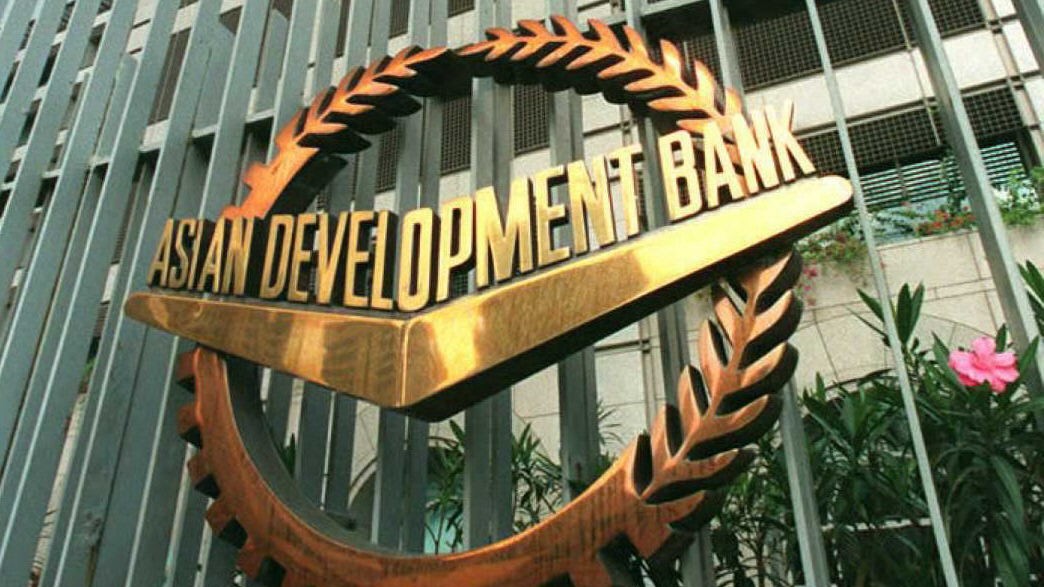MANILA, Philippines—On outgoing President Rodrigo Duterte’s watch, the Philippines borrowed over half of all loans obtained from the Manila-based Asian Development Bank (ADB) to support pandemic response and infrastructure development, Finance Secretary Carlos Dominguez III said.
“On behalf of the Philippine government, I thank the ADB for being the Philippines’ most reliable multilateral development partner,” said Dominguez at the signing of the loan agreement for the South Commuter Railway on Thursday (June 16).
“It is worth emphasizing that more than half of the $32.5-million worth of loans ever given by the ADB to the country since 1969 were extended during the Duterte administration,” Dominguez said.
“We see the high level of financing provided to us by the ADB as a vote of confidence for President Duterte’s economic development agenda and fiscal management,” Dominguez added.
In 2021, the ADB extended to the Philippines, its host-country, a total of $2.8 billion in financial assistance — the fifth-largest among ADB member-countries. Concessional loans approved by ADB for the Philippines in 2021 reached $2.2 billion, the second-highest after India’s $4.6 billion.
“The Philippine-ADB portfolio has also been rebalanced to closely align with the priorities set by the Philippine government, particularly the ‘Build, Build, Build’ infrastructure program,” said Dominguez during the loan signing ceremony.
“The bank has also provided technical assistance to the government for the design of various projects. At every turn, it was the Duterte administration’s priorities that drove the ADB’s development assistance agenda for the Philippines,” the outgoing finance chief said.
“Just recently, the ADB extended to the Philippines its first-ever climate change policy-based loan to support our commitments. Climate change might be a global problem,” Dominguez said.
“The issue, however, exhibits itself most starkly in our smallest communities. I am sure that the bank will be ready to help us promote the exchange of climate change action and adaptation practices among the Asean countries,” he added.
Dominguez was referring to the $250-million financing for the Philippines’ climate change action program — the ADB’s first-of-its-kind climate policy-based loan, making the country among the pioneers in climate-related development finance.
Dominguez said the ADB was also the favorite partner of other multilateral and bilateral lenders in co-financing Philippine projects, with $8.7-billion worth in the past six years, or nearly three-fourths of total co-financing in the last 50 years.
“Jica has been the largest of these co-financing partners,” Dominguez said, referring to the Japan International Cooperation Agency (Jica).
In the case of the $8.1-billion (about P434-billion), 56.8-kilometer South Commuter Railway that will connect Manila and Calamba, Laguna, the ADB’s $4.3-billion loan — the lender’s biggest-ever for the Philippines—will bankroll more than half of the project cost.
The Japanese government’s aid arm Jica will chip in $1.7 billion through another loan, while the Philippine government would shell out the remaining $2.1 billion for the rail project that’s supposed to cut travel time between Manila and Calamba to less than one hour from two hours by bus at present.
“At the moment, the recovery efforts of Asia-Pacific economies battered by the pandemic are being weighed down by the impact of the conflict in Ukraine,” Dominguez said.
“Being the largest and most experienced development institution in the region, the ADB needs to step up again to assist its members. We expect the bank to be more agile and flexible in responding to our region’s needs,” Dominguez added.
